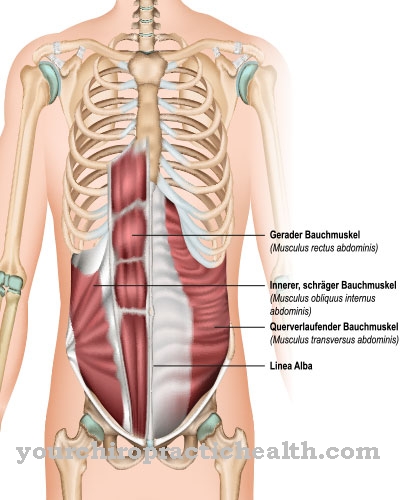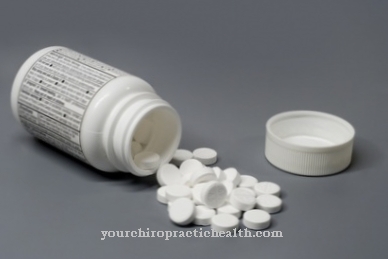Painful discomfort when urinating (specifically: Alguria - pain and burning sensation when urinating) represent a severe impairment of the general well-being for those affected and often cause a great deal of suffering. Both women and men of different age groups suffer from these symptoms.
What is pain and burning sensation when urinating?

In medicine, burning sensation and pain when urinating are summarized under the technical name alguria. This term hides pain and burning sensation when urinating both before and after the urinary bladder is emptied.
If there is a burning sensation and pain when urinating, only the lower urinary tract and the urinary bladder itself are involved. The urinary tract includes the urethra and ureter.
The term Algorithm comes from the Greek language and is exposed algos the pain and ouron the urine together.causes
The causes of burning sensation and pain when urinating are varied and sometimes rather untypical. Usually, the pain or burning sensation occurs primarily in women of younger age. Even people who are in a special health situation or suffer from various comorbidities have to struggle with pain and burning sensation when urinating.
The burning sensation when urinating is sometimes seen in pregnant women. In addition, menopausal women and patients with metabolic disorders such as diabetes experience painful urination. Organic diseases such as prostate disease or inflammation of the urinary organ system can also lead to pain and burning sensation when urinating.
Many patients with bladder stones and contagious sexually transmitted diseases have symptoms that are accompanied by pain and burning sensation when urinating. In this context, bacterial pathogens are often the cause.
You can find your medication here
➔ Medicines for bladder and urinary tract healthDiseases with this symptom
- Menopause
- Cystitis
- syphilis
- gonorrhea
- Diabetes mellitus
- Renal pelvic inflammation
- Bladder cancer
- Chlamydia
- Bladder stones
- Urethritis
- Prostate inflammation
- Genital herpes
Diagnosis & course
In addition to urine and blood tests, technical examination methods such as ultrasound of the bladder and the urinary tract can also be used for the diagnostic work-up that is sought in the case of pain and burning sensation when urinating.
In the context of laboratory tests, evidence of inflammation-causing bacteria is required. Not only blood samples, which contain the determination of the blood sedimentation, but also the taking of swabs from the genital area can provide an early diagnosis of pain and burning sensation when urinating.
In addition to the ultrasound-assisted examination, a diagnosis of pain and burning sensation when urinating can also be carried out via an X-ray examination.
Palpatory examinations of the rectum, during which the specialist manually scans certain areas of the intestine, are helpful and predictive diagnostics for pain and burning sensation when urinating.
The so-called prostate-specific antigen is determined in order to rule out diseases of the prostate that lead to problems with urination.
Complications
Complications and a burning sensation when urinating can have several causes. Especially in women it is often an inflammation of the urinary bladder. If this disease is left untreated, the inflammation can reach the kidneys and trigger kidney inflammation, which in the worst case can even lead to kidney failure.
Treatment of urinary bladder inflammation with antibiotics is therefore essential and should be carried out as soon as possible when symptoms first appear. The treatment is quick and effective and protects the patient from damage to the kidneys. It is also important that the patient drinks plenty of fluids, preferably water or tea, during a urinary bladder infection.
In a man, on the other hand, urination complications may indicate an inflammation of the urethra or an altered prostate. A urologist must determine the exact reason for these complications. Urethritis must also be treated with antibiotics, because here, too, the inflammation can otherwise spread to the urinary bladder and the kidneys.
An altered prostate is a benign or malignant enlargement of the prostate, which is often associated with the increasing age of the patient. Malignant enlargement is caused by cancer and must be treated surgically or using other procedures. A benign enlargement can be treated with medication.
When should you go to the doctor?
Pain and burning sensation when urinating usually have a clear cause: urinary tract infections. They are more common in women than in men; however, burning pain when urinating is a reason for an immediate doctor's visit. This will take a smear and examine it for germs that suggest a urinary tract infection.
Treatment with antibiotics usually brings quick improvement, but it cannot be started without a reliable diagnosis. Another possible explanation for pain and burning sensation when urinating is various sexually transmitted diseases that can occur in both women and men. These sometimes cause further symptoms, so that most of those affected soon voluntarily consult a doctor. In these cases, too, a smear is taken and then examined for germs. Similar to urinary tract infections, antibiotic treatment can provide quick symptom relief.
Above all, however, it can prevent worse consequential damage. If left untreated, some germs that cause pain and burning sensation when urinating increase the risk of developing secondary diseases such as cervical cancer later on. The earlier they are recognized and treated, the more effectively this risk can be minimized. Since burning pain when urinating is often accompanied by an increased urge to urinate, the affected patient should also ask at the doctor's visit what can be done to alleviate these symptoms until drug treatment is effective.
Doctors & therapists in your area
Treatment & Therapy
The therapeutic options for relieving the pain of urination are extensive and usually effective. Basically, the determination of the individually applied form of therapy for pain and burning sensation when urinating is always carried out under consideration of the respective symptoms.
If a causal connection with bacterial pathogens has been recognized in the pain and burning sensation when urinating, the doctor will prescribe special antibiotic drugs. These stop the growth of germs and help to alleviate the symptoms.
As part of the support of conservative therapy, patients should drink plenty of fluids. This helps to ensure that the germs are quickly flushed out of the urinary tract and bladder through frequent urination, in order to treat painful urination. Painkillers can be helpful to suppress symptoms during therapy.
If bladder stones are causing a burning sensation when urinating, an endoscopic procedure is recommended to remove the bladder stones. Endoscopy is usually combined with extracorporeal shock wave therapy, in which the stones can be reduced in size by breaking them up. If these interventions are not effective, bladder stones can be surgically removed.
If pain and burning sensation when urinating are the result of another illness, this must first be treated.
Outlook & forecast
Pain that can be traced back to an inflammation of the bladder or the purging urinary tract will subside completely with successful therapy of the underlying disease. The most common are cystitis and, especially in women, inflammation of the urethra. In mild cases, it is sufficient to drink a lot and to stay warm so that the suffering subsides after a few days. In moderate and severe cases, antibiotics are used. In men, prostate infections are regularly responsible for painful urination. Antibiotics are usually also used here.
Often, burning pain when urinating is caused by a sexually transmitted disease. Syphilis, which is caused by the bacterium Treponema pallidum, often causes ulcers at the entrance to the vagina or on the penis, which are very painful on contact with urine. Syphilis is treated with antibiotics. The chances of recovery are very high. Once the disease subsides, the symptoms will go away too. Gonorrhea (gonorrhea) is caused by bacteria that ascend into the urethra and cause extreme pain when urinating. Gonorrhea can also be cured, the symptoms disappear after successful treatment of the underlying disease.
In the case of birth injuries, especially if the perineum is cracked, severe pain when urinating can also occur. Birth injuries usually heal completely, but the healing process can take several weeks and can hardly be accelerated with medication. The same applies to small injuries in the genital area that occurred during sexual intercourse or during sport.
You can find your medication here
➔ Medicines for bladder and urinary tract healthprevention
In order to prevent pain and burning sensation when urinating, all measures should be taken to avoid inflammation caused by germs or hypothermia.
Warm clothing, appropriate intimate hygiene and the use of condoms during sexual intercourse make sense in this regard. In addition, regular cancer screening exams of the prostate and colon will help prevent pain and burning sensation when urinating.
You can do that yourself
The pain and burning sensation when urinating is usually the result of a urinary tract infection or a bladder infection. Various home remedies and measures alleviate the symptoms. In order to get rid of an infection quickly, you should first drink and urinate as much as possible. We recommend using diuretics such as nettle tea or a drink with bicarbonate and water.
An alternative remedy is the goldenrod, taken either as a tincture or extract, which works to reduce inflammation in the urinary tract. Cranberry juice, which protects the mucous membrane of the urinary tract and flushes out bacteria, has also proven itself. If the urine is alkaline, bear herb or another medicinal herb should be consumed. Horseradish, celery and other foods with antibacterial or diuretic properties help against the burning sensation. Coffee, alcohol and citrus juices should be avoided.
Acute discomfort when urinating can be relieved with the help of a hot water bottle, moist compresses or a hip bath. What also helps is sweating a lot and using hot, moist pads on the bare lower abdomen. A soaring foot bath according to Kneipp inhibits inflammation and contributes to the rapid flushing of bacteria. If the symptoms do not subside after a few days, a doctor should be consulted.



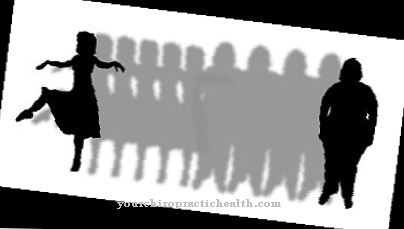
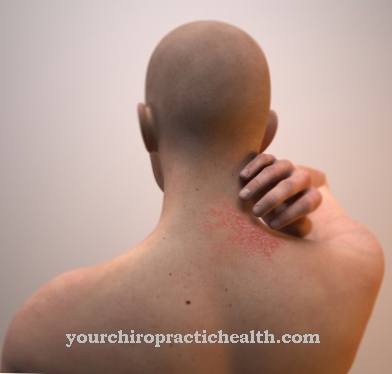
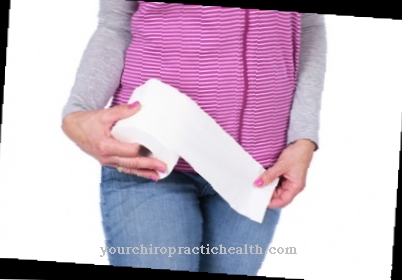
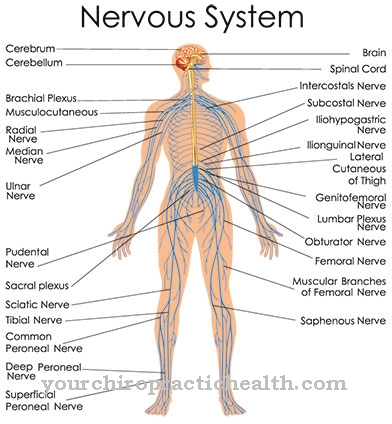

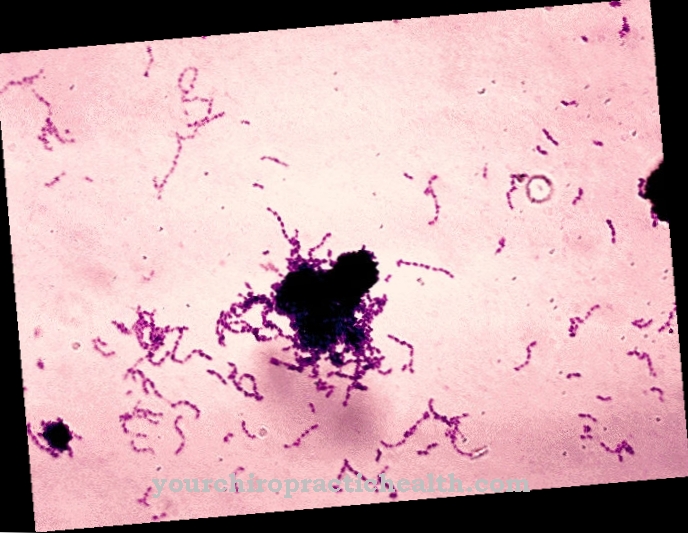
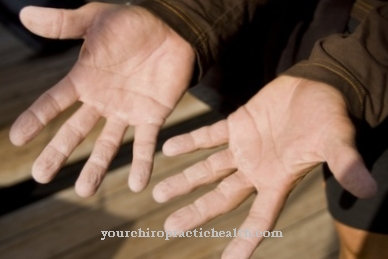
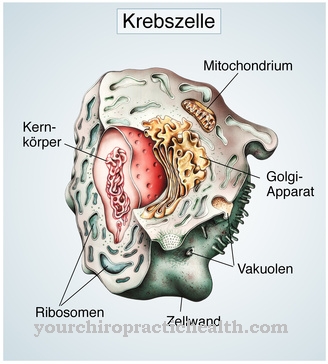
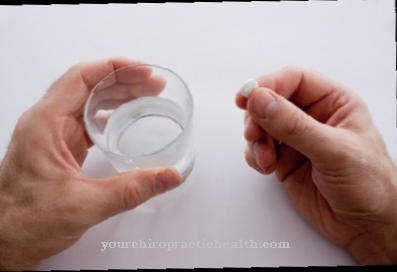
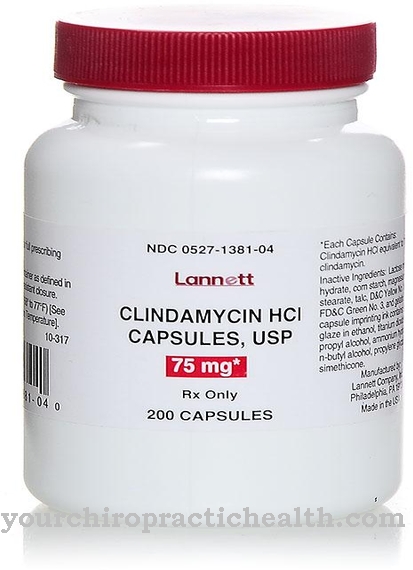
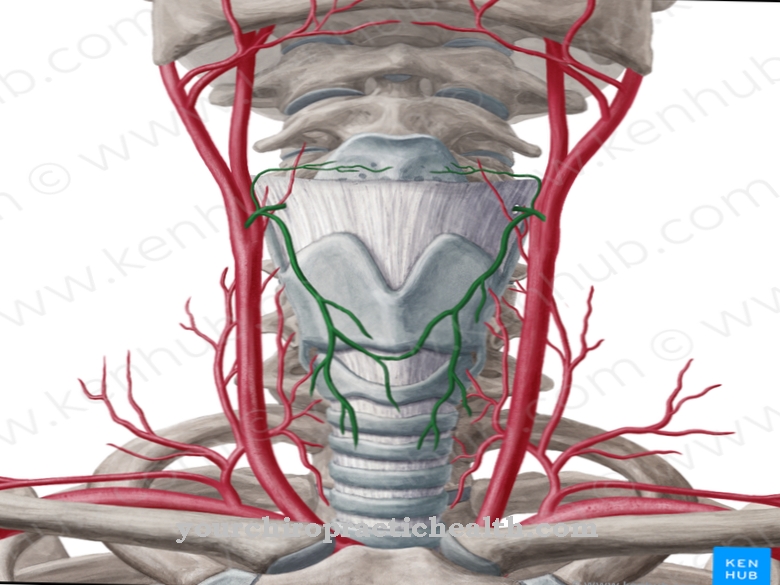
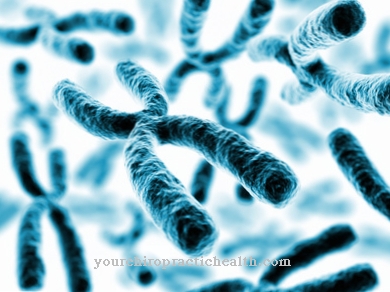
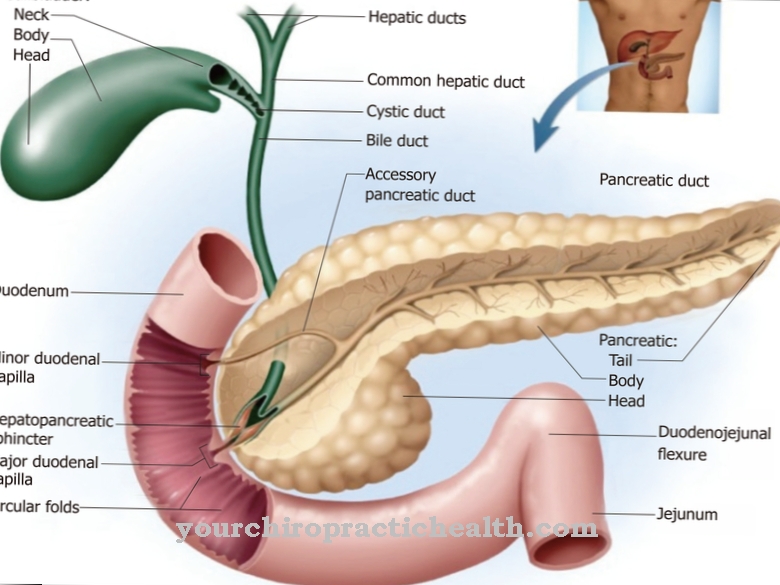






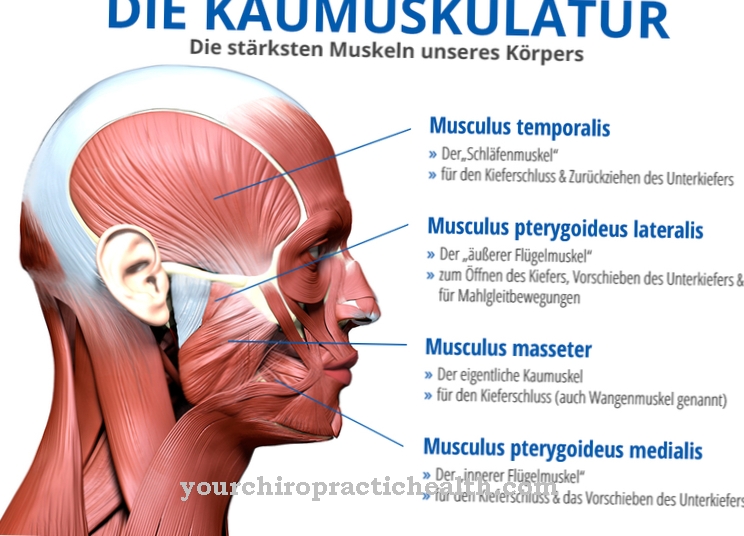

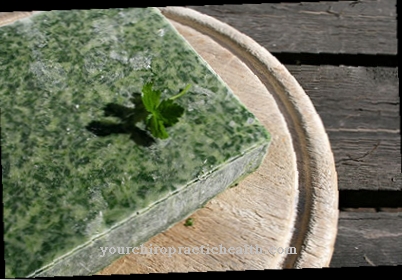

.jpg)
